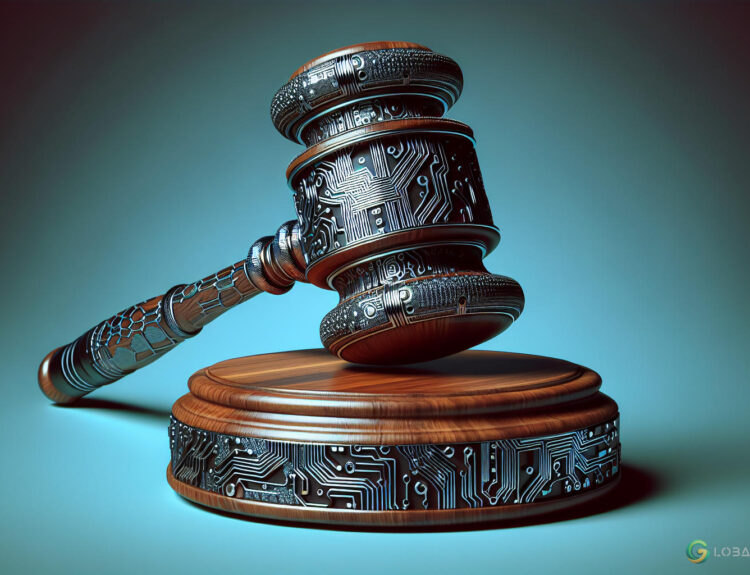AI in Crypto Compliance: Balancing Automation and Human Oversight
The use of Artificial Intelligence (AI) in crypto compliance is gaining traction, with top industry events and leading analytics companies discussing its impact and potential in compliance, fraud detection, and operational efficiency.
Streamlining Compliance and Detecting Hidden Threats
AI can help maintain the best industry standards by analyzing large volumes of data and flagging anomalies that might fly under the radar of simpler models. Its main advantage lies in identifying ‘unknown unknowns,’ which traditional scenario-based methods are unable to detect. Additionally, advanced AI tools can adapt to new criminal techniques, allowing compliance teams to remain proactive rather than reactive.
The Benefits of AI in Compliance
The practical benefits of AI in compliance include:
- Saving time and costs: AI-based solutions can automate tasks that would otherwise be manual and require more time, such as prioritizing alerts and flagging high-risk cases.
- Enhancing efficiency: AI allows teams to concentrate on strategic decisions by relieving them of repetitive chores.
- Improving data quality: AI-based systems can verify data quality and address bias, resulting in more reliable outcomes.
Human Oversight is Still Essential
While AI can significantly boost day-to-day efficiency, it is less likely to transform how crypto companies and regulators collaborate. Compliance officers still need to talk directly with regulatory bodies to address policy gray areas, manage ethical dilemmas, and ensure trust.
Using AI for Competitive Advantage and Reputation
Crypto companies that overlook AI for compliance risk falling behind. Implementing AI can be a competitive advantage, as it can enhance marketing efforts and strengthen consumer confidence. However, it’s essential to use AI responsibly and transparently to avoid reputational damage.
Keeping Humans in the Driver’s Seat
Even as AI takes on a share of compliance tasks, responsibility can’t be delegated to algorithms. Decisions with legal or ethical consequences require a distinctly human touch. AI can flag a suspicious transaction, but the final call on how to handle that alert should remain with a qualified professional.
The Future of Crypto Compliance
AI is on track to become an important part of crypto compliance. By combining its data-processing capabilities with human insight and ethical judgment, companies can spot threats more effectively, lower costs, and save time. The key is to find the right balance between automation and accountability.
Stay up-to-date with the latest news and insights on cryptocurrency and finance by following Global Crypto News.






















